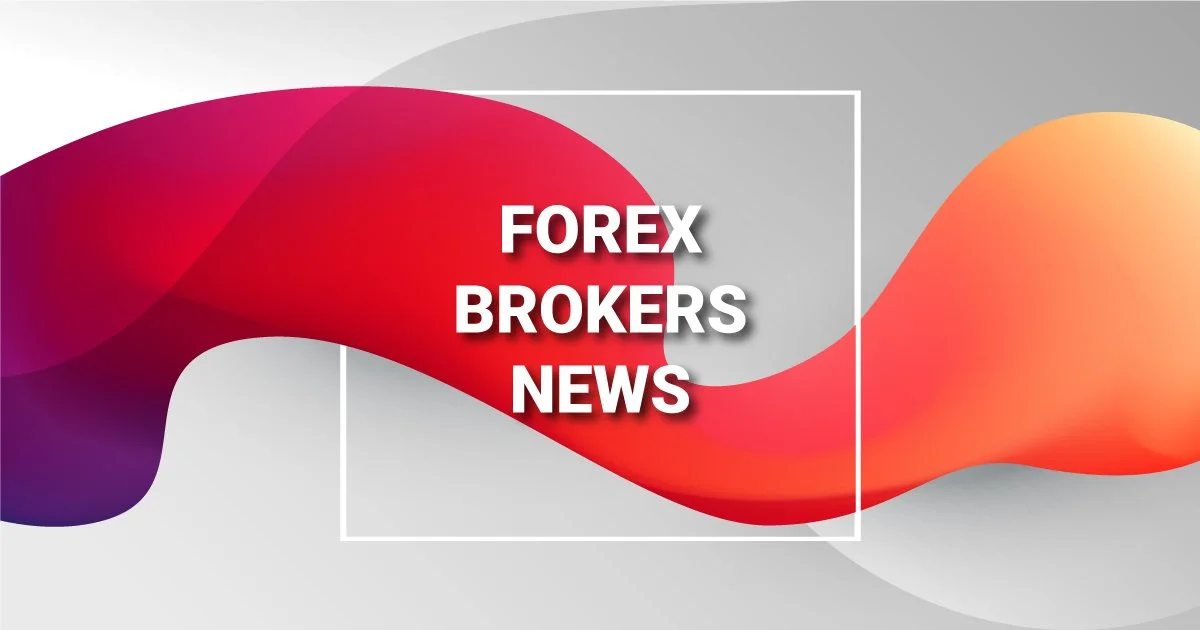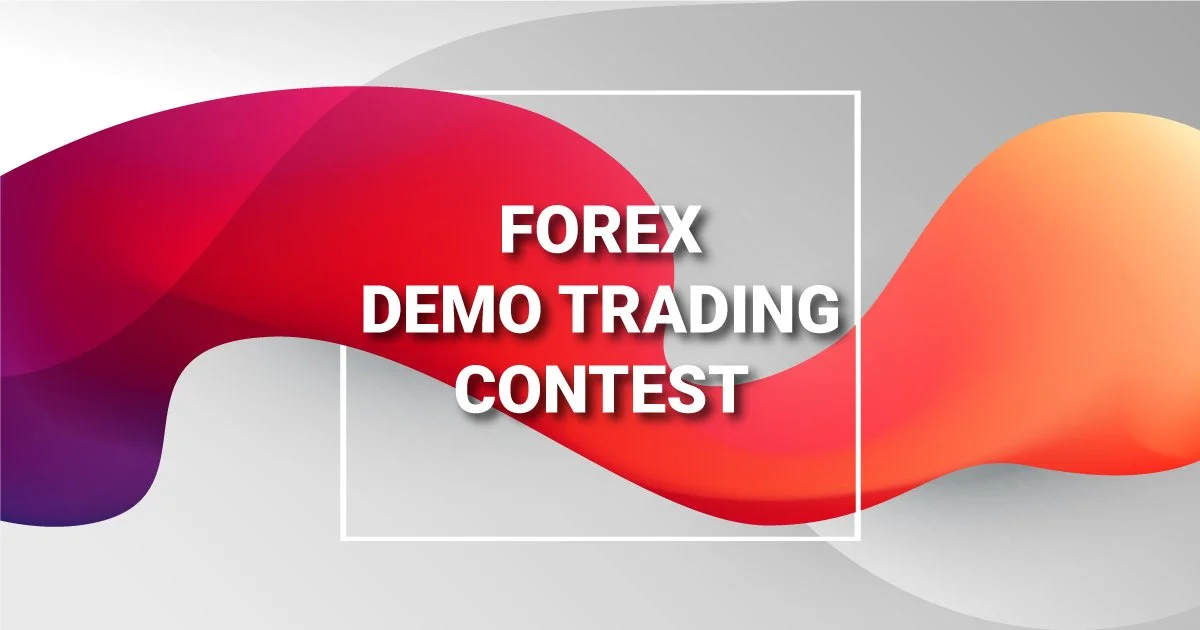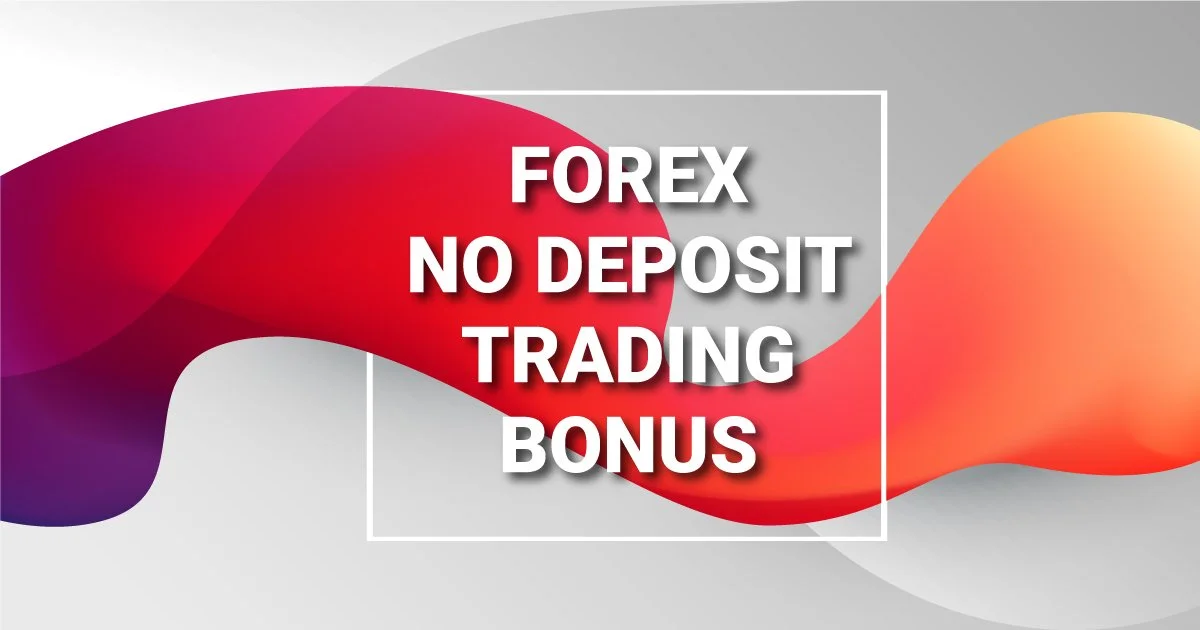
Choosing the Right Forex Broker for Your Trading Needs
When it comes to Forex trading, choosing the right broker is crucial for your success. With so many options available, it can be challenging to determine which broker aligns with your trading needs. However, selecting the top Forex brokers in the industry can significantly impact your trading journey.
In this section, we will explore the factors to consider when selecting a Forex broker. From regulations and trading platforms to customer support and trading costs, we will guide you through the process of choosing the right broker for your trading needs. Start your Forex journey today with the top Forex brokers in the industry.
Key Takeaways
- Choosing the right Forex broker is crucial for your success.
- Top Forex brokers can significantly impact your trading journey.
- Factors to consider when selecting a Forex broker include regulation, trading platform, customer support, and trading costs.
- Start your Forex journey today with the top Forex brokers in the industry.
Understanding the Forex Market
Before you can choose the right Forex broker, it's important to understand the market you will be trading in. The Forex market, also known as the foreign exchange market, is a decentralized global market of currencies. This market is open 24 hours a day, five days a week, and is the most liquid market in the world with a daily trading volume of over $5 trillion.
Currency pairs are traded on the Forex market, with the most commonly traded pairs being the EUR/USD, USD/JPY, GBP/USD, and USD/CHF. Each currency pair is quoted in terms of one currency versus another. For example, if you see EUR/USD at 1.2000, it means that one euro can be exchanged for 1.2000 US dollars.
The Forex market is structured around interbank trading, with most trading occurring between large banks and financial institutions. However, individual traders can also participate in the market through Forex brokers.
| Market Structure | Trading Hours |
|---|---|
| The Forex market is decentralized, with trading occurring between large banks and financial institutions. | The market is open 24 hours a day, five days a week. |
Understanding the structure and trading hours of the Forex market can help you make better trading decisions and choose a Forex broker that aligns with your trading preferences.
Tip: Look for a Forex broker that provides access to a wide range of currency pairs and offers competitive spreads to enhance your trading experience.
Importance of Regulation
When choosing a Forex broker, it is essential to consider regulation as a top priority. A regulated forex broker provides clients with a sense of security and ensures the broker operates within a specified framework that governs its activities. Regulatory oversight offers protections to traders, including the safety of funds, fair treatment, and ethical business practices.
Top Forex brokers are usually regulated by recognized authorities such as the Financial Conduct Authority (FCA) in the UK, the National Futures Association (NFA) in the US, and the Australian Securities and Investments Commission (ASIC) among others. To verify a broker's regulatory status, check the broker's website and verify the information provided with the respective regulatory body.
Regulation also provides clients with legal recourse if there are any disputes between the client and the broker. Therefore, it is essential to choose a broker who has credible regulatory oversight.
Benefits of Trading with Regulated Brokers
Trading with a regulated broker provides several benefits to traders, including:
- Protection of clients' funds: Regulated brokers are required to keep clients' funds separate from their operating funds. This regulation ensures that clients' funds are protected in the event of the broker's insolvency.
- Guaranteed fair treatment: Regulated brokers must follow strict guidelines and comply with industry standards. This requirement ensures that clients receive fair treatment and ethical practices.
- Transparency: Regulated brokers must provide regular reports to regulatory bodies. This information allows clients to verify the broker's financial performance and adhere to regulatory requirements.
Verifying a Broker's Regulatory Status
Verifying a broker's regulatory status is easy and can be done through the broker's website. The website will usually have the regulatory body's logo and registration number. Regulatory bodies maintain online directories of all regulated entities on their website, making it easy to verify and check a broker's status.
Additionally, traders should be aware of brokers who claim to be regulated but falsely advertise their regulatory status. Such brokers use fake registration numbers and logos to deceive clients. Therefore, it is essential to verify a broker's regulatory status before opening an account.
Types of Forex Brokers
When selecting the top Forex brokers, it’s essential to understand the different types of Forex brokers available. The type of broker you choose can impact your trading experience and overall success.
Market Makers
Market makers or dealing desk brokers are the most common type of Forex broker. These brokers create a market for their clients by quoting both the buy and sell prices of a currency pair. They earn money through spreads and may take the other side of their clients' trades.
Market makers may provide additional services, such as market analysis or educational resources, and offer fixed spreads. However, they may also have a conflict of interest, as they can trade against their clients.
ECN Brokers
Electronic Communication Network (ECN) brokers are a type of no dealing desk broker that provides direct market access (DMA) to its clients. They offer spreads that vary based on market conditions and charge a commission per trade.
ECN brokers provide greater transparency and anonymity compared to market makers, as they typically have no conflict of interest. However, they require higher minimum deposits, and their spreads can widen significantly during periods of high market volatility.
STP Brokers
Straight Through Processing (STP) brokers are a hybrid of market makers and ECN brokers. They use a network of liquidity providers for pricing and execute trades electronically without intervention.
STP brokers offer variable spreads, and some may charge a commission. They provide faster execution and greater transparency compared to market makers, but they may offer fewer additional services and have higher spreads compared to ECN brokers.
Key Factors to Consider When Choosing the Top Forex Brokers
When selecting a Forex broker, there are several key factors you need to consider. These include:
Trading Platforms
Top Forex brokers offer a wide range of trading platforms, including MetaTrader 4 and 5, cTrader, and proprietary platforms. Consider a broker that provides a user-friendly platform that suits your trading style and preferences.
Account Types
Most Forex brokers offer different account types, including mini, standard, and VIP accounts. Evaluate the benefits and drawbacks of each account type, including minimum deposit requirements, leverage offered, and spread types.
Spreads and Commissions
Spreads and commissions can significantly impact your trading costs. Compare the spreads and commission charged by different brokers, ensuring that they are competitive and transparent.
Leverage
Leverage allows traders to magnify their profits but also increases their exposure to risk. Determine your risk appetite and choose a broker that offers leverage that aligns with your risk tolerance.
Customer Support
Effective customer support is crucial when trading Forex. Choose a broker that provides accessible and responsive support channels, including email, phone, and live chat.
Regulation
Regulation is vital in the Forex industry, providing traders with reliable and secure trading conditions. Ensure that the Forex broker you choose is regulated by a reputable authority, such as the FCA, ASIC, or CySEC.
Educational Resources
Top Forex brokers offer a wide range of educational resources, including webinars, eBooks, and video tutorials. Consider a broker that provides comprehensive educational materials to improve your trading knowledge and skills.
Trading Tools
Advanced trading tools, including technical analysis tools and economic calendars, can enhance your trading strategy and decision-making. Look for a Forex broker that provides valuable trading tools to improve your trading performance.
Account Funding and Withdrawal Methods
Choose a broker that offers convenient and secure payment options, including credit cards, bank transfers, e-wallets, and cryptocurrency. Evaluate the processing times and fees associated with each payment method to minimize transaction costs.
By considering these factors, you can select the top Forex brokers that align with your trading needs and preferences.
Researching and Comparing Forex Brokers
Thorough research and comparison are essential when choosing a Forex broker. There are many top Forex brokers in the industry, and evaluating their services and features is crucial to find the right one for you. In this section, we will guide you through the process of researching and comparing different brokers.
Evaluating Reputation
One of the first steps in evaluating a Forex broker is to research its reputation. Top Forex brokers have a strong reputation for providing reliable and trustworthy services. You can start by checking user reviews on independent websites and forums.
"I found the perfect Forex broker for me by reading reviews from other traders." - John Doe
It is also important to check the history of the broker, including any regulatory actions or complaints against it. These can be found on the regulatory authority's website in the broker's jurisdiction.
Comparing Offerings
Once you have evaluated a broker's reputation, you can start comparing their offerings. This includes evaluating their trading platforms, account types, spreads, leverage, and customer support. You can create a table to compare the offerings of different brokers, making it easier to make an informed decision.
| Broker | Trading Platform | Account Types | Spreads | Leverage | Customer Support |
|---|---|---|---|---|---|
| Broker A | MT4, MT5 | Standard, ECN | 1.0 pips | 1:500 | 24/7 Live Chat |
| Broker B | cTrader, MT5 | Pro, Islamic | 0.3 pips | 1:200 | Email, Phone, Live Chat |
| Broker C | MT4 | Mini, Standard | 1.5 pips | 1:1000 | 24/5 Live Chat |
When comparing offerings, it is important to prioritize your trading requirements. For example, if you rely heavily on technical analysis, you may want to choose a broker that offers advanced charting tools. If you are a beginner, you may prefer a broker that provides educational resources and a demo account.
Analyzing Fees and Costs
Another important factor to consider when comparing Forex brokers is the fees and costs associated with trading. This includes spreads, commissions, and overnight fees. It is essential to compare these costs to find a broker that offers competitive and transparent fees.
You can again create a table to compare the costs of different brokers.
| Broker | Spreads | Commission | Overnight Fees |
|---|---|---|---|
| Broker A | 1.0 pips | $5 per lot | No fees |
| Broker B | 0.3 pips | $7 per lot | 0.02% per day |
| Broker C | 1.5 pips | No commission | 0.05% per day |
Keep in mind that the lowest fees may not always be the best option, as other factors such as customer support and regulation should also be considered.
Demo Accounts and Educational Resources
When choosing a Forex broker, it's crucial to consider their available demo accounts and educational resources. These two tools can significantly aid in developing trading skills and strategies, and they're often provided by the top Forex brokers in the industry.
Demo Accounts
Demo accounts offer the opportunity to test a broker's services and trading platforms before committing real capital. With a demo account, traders can practice their strategies and explore different features, all while using virtual funds. This allows traders to become familiar with a platform's interface and tools without risking any actual money.
Many top Forex brokers offer demo accounts with no time limits, allowing traders to practice for as long as they need to feel confident in their trading. A demo account can also be a useful tool to test a trading system or strategy before implementing it in a live account.
Educational Resources
The top Forex brokers often provide educational resources to help traders improve their skills and knowledge. These resources can include webinars, online courses, trading guides, and more. Educational resources are particularly useful for beginner traders, as they can help establish a strong foundation in Forex trading concepts and strategies.
Some brokers offer educational resources specific to their trading platform or tools, providing further insight into how to use their services. Others may offer general market analysis or economic news to help traders stay informed about market trends and events.
Why It Matters
Demo accounts and educational resources can make a significant impact on a trader's success and performance. Traders who practice using a demo account are more likely to have a successful transition to live trading, as they have had the opportunity to test and refine their strategy in a risk-free environment.
Similarly, traders who use educational resources offered by top Forex brokers can improve their skills and stay informed about market trends, improving their chances of earning profits. When selecting a Forex broker, consider the availability and quality of their demo accounts and educational resources, as they can be a valuable asset to your trading journey.
Evaluating Customer Support
When choosing a Forex broker, evaluating the customer support offered is crucial. You want to ensure that you have reliable and efficient support available throughout your trading journey. Some of the key factors to consider when evaluating customer support are:
- Availability of support channels such as live chat, email, and phone
- Response times for each support channel
- The level of assistance provided by the support team
Top Forex brokers prioritize customer support to ensure that traders have access to assistance whenever they need it. Many brokers offer 24/7 support, which is particularly important for traders who operate in different time zones.
Below is a table outlining the customer support options provided by some of the top Forex brokers:
| Forex Broker | Live Chat | Phone | Response Time | |
|---|---|---|---|---|
| Broker A | ✅ | ✅ | ✅ | Less than 1 minute |
| Broker B | ✅ | ✅ | ✅ | Less than 1 minute |
| Broker C | ✅ | ✅ | ✅ | Less than 1 minute |
| Broker D | ✅ | ✅ | ❌ | 2-3 hours |
| Broker E | ✅ | ✅ | ✅ | Less than 1 minute |
As you can see, Broker D has a longer response time and does not offer phone support. This may be a factor to consider when evaluating their customer support.
Summary
Evaluating customer support is vital when choosing a Forex broker. Top Forex brokers offer efficient and reliable support, such as 24/7 availability and quick response times. Consider the support channels provided and the level of assistance offered when evaluating a broker's customer support.
Account Funding and Withdrawal Methods
Account funding and withdrawal methods are vital considerations when selecting a Forex broker. It's essential to find a broker that provides convenient and cost-effective options for depositing and withdrawing funds.
Top Forex brokers offer various payment methods, including credit/debit cards, bank transfers, e-wallets, and cryptocurrency. Fees and processing times vary between methods and can significantly impact your trading experience. Therefore, it's crucial to evaluate the payment options offered by each broker.
Most brokers do not charge a fee for deposits; however, withdrawals may incur fees. Therefore, it's crucial to check for withdrawal fees and processing times before selecting a broker.
| Broker | Deposit Methods | Withdrawal Methods | Processing Time (Deposit) | Processing Time (Withdrawal) | Fees |
|---|---|---|---|---|---|
| Broker A | Credit/Debit cards, Bank transfers, E-wallets, Cryptocurrency | Credit/Debit cards, Bank transfers, E-wallets, Cryptocurrency | Instant to 3 business days | 1 to 5 business days | No deposit fees; withdrawal fees apply |
| Broker B | Credit/Debit cards, Bank transfers, E-wallets | Credit/Debit cards, Bank transfers, E-wallets | Instant to 3 business days | 1 to 5 business days | No deposit fees; withdrawal fees apply |
| Broker C | Credit/Debit cards, Bank transfers, E-wallets | Credit/Debit cards, Bank transfers | Instant to 3 business days | 3 to 7 business days | Deposit and withdrawal fees apply |
As shown in the table above, Broker A and Broker B offer similar payment options and processing times for both withdrawals and deposits. Broker C, on the other hand, has limited withdrawal options and charges deposit and withdrawal fees. Therefore, when selecting a broker, it's essential to evaluate the payment options, processing times, and fees before making a decision.
Overall, it's crucial to find a Forex broker that offers a wide range of payment options, quick processing times, and low fees. This will ensure that you have a convenient and cost-effective way of funding your trading account and withdrawing funds when needed.
Trading Tools and Resources
Top Forex brokers offer a wide range of trading tools and resources to help enhance your trading strategy and performance. These tools and resources can include:
- Technical analysis tools - including charting software, indicators, and drawing tools to help you analyze market trends and identify potential trading opportunities.
- Economic calendars - providing up-to-date information on important economic events and announcements that can impact currency markets.
- Market research - offering insights and market analysis on different currency pairs and market trends.
- Educational materials - including trading guides, webinars, and tutorials to help improve your trading skills and knowledge.
By utilizing these tools and resources, you can make more informed trading decisions and potentially increase your profitability.
Example of Technical Analysis Tools Offered by Forex Brokers
| Broker | Technical Analysis Tools Offered |
|---|---|
| Broker A | Advanced charting software, over 100 technical indicators, customizable indicators, drawing tools, trading signals. |
| Broker B | Multiple chart types, over 80 technical indicators, customizable indicators, pattern recognition software, economic calendar. |
| Broker C | Customizable charting software, over 70 technical indicators, multiple timeframes, automated trading tools. |
When considering trading tools and resources, it's important to select a broker that offers the tools you need to support your trading style and goals. Additionally, ensure that the tools are user-friendly and offer clear and concise information.
Evaluating Trading Costs
One of the most crucial factors to consider when selecting the top Forex brokers is trading costs. Evaluating and comparing the trading costs associated with different brokers can significantly impact your profitability.
The primary cost of trading Forex is the spread, which is the difference between the buy and sell price of a currency pair. The spread can vary significantly between Forex brokers, and choosing one with competitive spreads is essential. Look for a broker that offers narrow spreads, especially for the currency pairs you plan to trade frequently.
Another cost to consider is commissions, which brokers charge for opening and closing trades. Some brokers offer commission-free accounts, while others charge a fixed or variable commission per trade. Ensure you understand the commission structure and how it will impact your trading costs.
Overnight fees, also known as swap rates, can also impact your trading costs if you hold trades overnight. These fees can vary widely between brokers, so it's essential to evaluate them when selecting a Forex broker.
Comparing Trading Costs
Below is a table comparing the trading costs of three different Forex brokers:
| Broker | EUR/USD Spread | Commission per lot | Overnight Fee (Long Position) |
|---|---|---|---|
| Broker A | 0.9 pips | $7 | -0.36 pips |
| Broker B | 1.3 pips | $5 | -0.42 pips |
| Broker C | 0.6 pips | Commission-free | -0.25 pips |
As you can see from the table, Broker C offers the narrowest spreads, has no commission fees, and charges the lowest overnight fee for a long position. However, it's essential to consider the available trading platforms, customer service, and other factors when selecting a Forex broker, not just trading costs.
By evaluating and comparing the trading costs of different Forex brokers, you can find the most cost-effective option for your trading needs. Remember, the lowest trading costs may not always be the best choice, as other factors can impact the overall trading experience.
Conclusion
Choosing the right Forex broker for your trading needs can make a significant difference in your trading success. By considering factors such as regulation, trading platform, customer support, and trading costs, you can narrow down your options and select the top Forex brokers that align with your trading preferences.
The Forex industry has several top Forex brokers that offer a wide range of services and trading conditions. It's essential to research and compare brokers to find the right fit for your trading journey. Don't forget to try out demo accounts and take advantage of educational resources to enhance your trading knowledge and skills.
As you embark on your Forex journey, remember that the right broker will provide you with reliable support, advanced trading tools, and cost-effective trading conditions. With the right broker by your side, you can optimize your trading success and achieve your financial goals. Start your journey today with one of the top Forex brokers in the industry.
FAQ
What factors should I consider when choosing a Forex broker?
When selecting a Forex broker, it is important to consider factors such as regulation, trading platforms, account types, spreads, leverage, and customer support.
Why is regulation important when choosing a Forex broker?
Regulation is important because it provides oversight and ensures that the broker follows industry standards and safeguards clients' funds. It also offers a dispute resolution mechanism in case of any issues or disputes.
What are the different types of Forex brokers?
There are various types of Forex brokers, including market makers, ECN brokers, and STP brokers. Each type has its own advantages and disadvantages, so it is important to understand the differences before making a choice.
How can I research and compare different Forex brokers?
To research and compare Forex brokers, you can evaluate their reputation, check user reviews, analyze their offerings, and compare factors such as trading conditions, customer support, and educational resources.
What are demo accounts and why are they important?
Demo accounts allow you to practice trading with virtual money, which can help you familiarize yourself with a broker's services and test different trading strategies without risking real funds. They are useful for beginners and experienced traders alike.
How can I evaluate the customer support offered by Forex brokers?
You can evaluate customer support by considering factors such as the availability of support channels (phone, email, live chat), response times, and the level of assistance provided. Prompt and reliable customer support is essential for a smooth trading experience.
What payment options do Forex brokers typically offer?
Forex brokers usually offer various payment options, including credit cards, bank transfers, e-wallets, and even cryptocurrencies. It is important to consider factors such as processing times and fees associated with these payment methods.
What trading tools and resources do the top Forex brokers provide?
The top Forex brokers often offer a range of trading tools and resources, such as technical analysis tools, economic calendars, market research, and educational materials. These resources can help you make informed trading decisions and improve your trading strategy.
How can I evaluate and compare trading costs among different Forex brokers?
To evaluate trading costs, you can consider factors such as spreads, commissions, and overnight fees. Look for brokers that offer competitive spreads, low commissions, and transparent fee structures to ensure cost-effective trading.
Is choosing the right Forex broker important for my trading success?
Yes, selecting the right Forex broker is crucial for your trading success. A reliable and reputable broker can provide you with the necessary tools, support, and trading conditions to optimize your trading performance.




Bonus Comments:
Leave a Comment